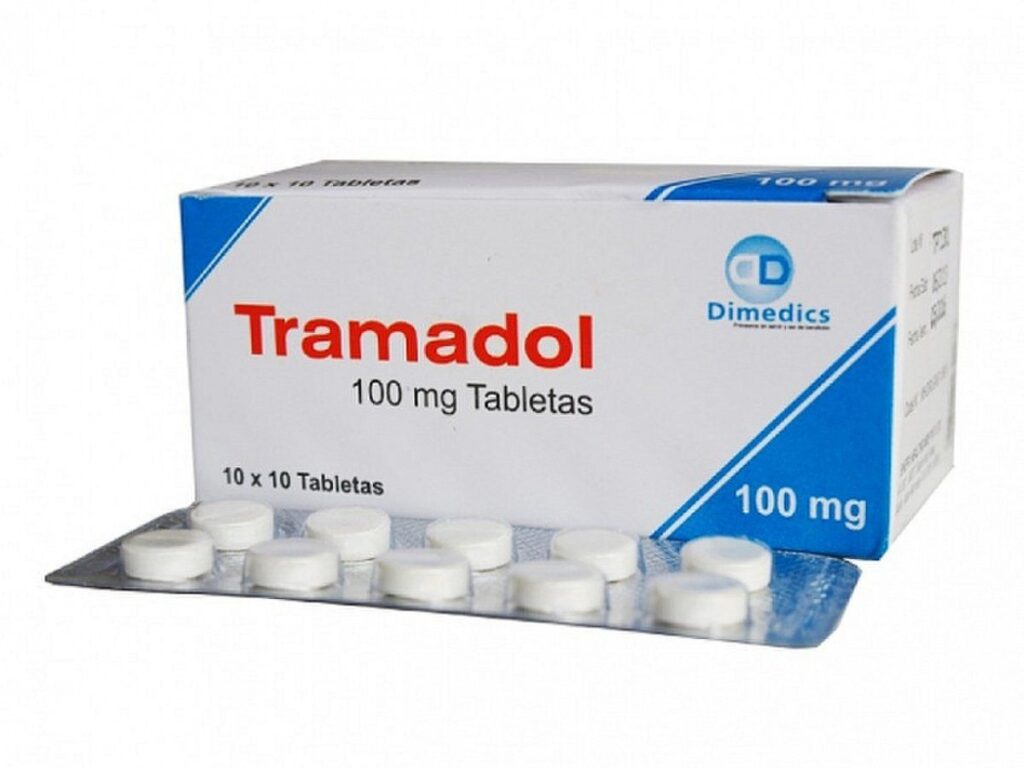Pain management during pregnancy is a delicate balance of maintaining the health of the mother while ensuring the safety of the developing baby. Tramadol is a prescription pain medication that is often used for moderate to severe pain. It works by altering how the brain perceives pain, making it a popular choice for chronic pain sufferers. However, when it comes to pregnancy, the use of tramadol raises several concerns. Is it safe to take tramadol while pregnant? Here’s a breakdown of the possible risks, side effects, and considerations that should be taken into account before deciding whether or not to use tramadol during pregnancy.
What Is Tramadol?
Tramadol is an opioid analgesic prescribed for pain relief, often used for conditions such as arthritis, fibromyalgia, or post-surgery pain. It functions by blocking pain signals in the brain, while also increasing levels of neurotransmitters like serotonin and norepinephrine, which helps with pain perception. Though it is generally considered a milder opioid compared to stronger drugs like morphine or oxycodone, tramadol still carries risks, particularly when used during pregnancy.
What Are the Side Effects of Taking Tramadol While Pregnant?
When pregnant, the body undergoes significant changes, and medication can have unpredictable effects. The side effects of taking tramadol during pregnancy may include:
- Drowsiness and Dizziness: Tramadol can cause sedation, making it difficult to focus or stay awake. This may increase the risk of falls or accidents during pregnancy.
- Nausea and Vomiting: Pregnancy hormones already increase the likelihood of nausea, and tramadol may exacerbate this, leading to dehydration or discomfort.
- Constipation: Opioids, including tramadol, can cause constipation. During pregnancy, this can be especially uncomfortable and could lead to complications such as hemorrhoids.
- Addiction and Dependency: Pregnant women taking tramadol for an extended period run the risk of developing a dependency, which could affect both the mother and baby.
- Respiratory Depression: Tramadol can slow breathing, which is dangerous for both the mother and the developing fetus, as reduced oxygen levels can harm fetal development.
Can Tramadol Affect Fertility?
While tramadol itself is not known to directly affect fertility, opioid medications can have indirect impacts on reproductive health. In women, prolonged use of opioids like tramadol can disrupt the menstrual cycle, which could make it more difficult to conceive. In men, chronic opioid use has been linked to reduced testosterone levels, which could lower sperm count and affect fertility. Although these effects are typically seen with long-term use, they are worth considering if you are planning a pregnancy.
How Can Tramadol Affect Your Baby?
The most serious concern with using tramadol during pregnancy is its potential impact on the developing baby. Studies have shown that opioid use during pregnancy can lead to various complications, including:
- Preterm Labor: Women using opioids may have a higher risk of delivering their baby prematurely.
- Low Birth Weight: Babies born to mothers who use opioids like tramadol are more likely to have a lower birth weight, which can lead to additional health problems.
- Developmental Delays: Long-term opioid use during pregnancy has been linked to developmental issues, both physical and cognitive, in the baby.
Does Tramadol Use During Pregnancy Lead to NAS?
Neonatal Abstinence Syndrome (NAS) occurs when a baby is born dependent on opioids because of the mother’s use during pregnancy. If a pregnant woman uses tramadol regularly, the baby may develop NAS, which can cause symptoms such as tremors, irritability, feeding difficulties, and seizures. NAS requires specialized medical care after birth and can result in a longer hospital stay for the baby.
Is Tramadol Safe To Use While Breastfeeding?
Tramadol can pass into breast milk, which means it can potentially affect a breastfeeding baby. Small amounts of tramadol can cause excessive drowsiness or even serious breathing problems in infants. Therefore, tramadol is generally not recommended for use while breastfeeding. If pain management is necessary, healthcare providers may suggest safer alternatives that pose less risk to the baby.
What Are the Risks of Taking Opioids While Pregnant?
Taking opioids like tramadol during pregnancy comes with several risks. These include:
- Birth Defects: Some studies suggest a correlation between opioid use and certain congenital disabilities, particularly heart and neural tube defects.
- Stillbirth: There is a higher risk of stillbirth in women who use opioids during pregnancy.
- Addiction in the Baby: Babies exposed to opioids in utero are at a higher risk of developing dependence and experiencing withdrawal symptoms after birth.
Because of these risks, the U.S. Food and Drug Administration (FDA) classifies tramadol as a Category C drug, meaning that animal studies have shown adverse effects, and there is not enough research to confirm its safety for human pregnancies.
Weighing the Benefits and Risks of Taking Tramadol While Pregnant
Deciding whether to take tramadol while pregnant should be done carefully and in consultation with a healthcare provider. In some cases, the benefits of using tramadol may outweigh the risks, particularly if the mother suffers from severe pain that cannot be managed through other means. However, many healthcare professionals will recommend exploring alternative treatments first before resorting to opioids.
What Are Some Alternatives to Tramadol for Pain While Pregnant?
For those looking for safer options to manage pain during pregnancy, several alternatives exist:
- Acetaminophen: Generally considered safe for short-term use during pregnancy, acetaminophen is often the first-line treatment for mild to moderate pain.
- Physical Therapy: Gentle exercises or physical therapy sessions can help manage pain without the need for medication.
- Hot/Cold Therapy: Applying heat or cold to painful areas can offer relief without the use of drugs.
- Massage and Acupuncture: Both techniques have been used as alternative therapies for managing pain and are considered relatively safe during pregnancy.
- Non-Opioid Medications: Certain non-opioid medications may be prescribed for specific types of pain, depending on the severity and cause.
Conclusion
While tramadol is effective for pain management, its use during pregnancy comes with significant risks for both the mother and the baby. Alternatives to opioids should be considered first, and tramadol should only be used if the potential benefits outweigh the risks. Always consult with a healthcare provider before starting any medication during pregnancy to ensure the best possible outcome for both you and your baby.





